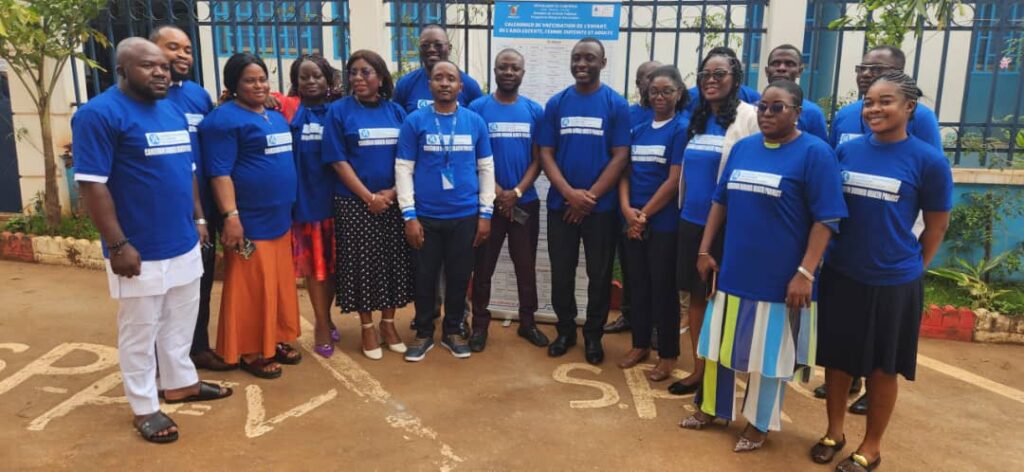As part of the health education project at Cameroon’s borders, a capacity-building workshop for central and operational-level actors on disease surveillance and response at border areas was held a week and a half ago from 10 to 11 of September in Yaoundé, thereby contributing to the global health security agenda.
Diverse and Strategic Participants
The quality and diversity of participants highlighted the importance of the workshop. Among them were community leaders, heads of health facilities, district health officers from border areas, national disease control officials, representatives of the Ministry of Public Health, the Pasteur Reference Laboratory of Yaoundé, the African Field Epidemiology Network (AFENET), and UN agencies such as WHO, UNICEF, IOM and UN Migration.
A Context of Persistent Health Risk
It was noted that epidemic outbreaks occur every year in border zones, with rates ranging from 30% to 100%, underscoring the urgency of strengthening surveillance and response. To address this, several mitigation measures were emphasized: Robust community surveillance; Rapid detection and response; Increased cross-border collaboration; Strengthening health infrastructure and capacity
Two Intensive Learning Days
The first day took place at the Expanded Program on Immunization headquarters, and the second at the U.S. Embassy in Yaoundé.
American global health experts — including Prof. Linda Venczel, Prof. Monique Jones, and Prof. Pat Sadate Ngachou — together with national experts such as Dr. Njoh Andreas and Dr. Eposi Haddison, led sessions on disease surveillance and response. In addition, journalist Elis Waji Banmia,a Mandela Washington Fellow, contributed expertise on health communication at borders.
Rich and Interactive Modules
Participants benefited from a wide range of presentations and practical exercises, including: Using the 7-1-7 model to improve outbreak response; identifying surveillance challenges in Cameroon and at its borders; exploring values and strengths through the “Values Pyramid” activity; Presentation of the Mandela Washington Fellowship program; overview of the 7-1-7 model by the CDC Cameroon team; group discussions on outbreak management, identifying bottlenecks and improvement strategies; simulation of epidemic detection and response; key interventions from Professors Linda Venczel and Monique Jones
Concrete Outcomes and Recommendations
At the close of the workshop, participants were equipped to detect, report, and respond quickly to epidemics. The Deputy Permanent Secretary of the Expanded Program on Immunization, Dr. Njoh Andreas, urged participants — especially those working in the field — to apply the knowledge gained to help reduce epidemic outbreaks at
Critical International Support Cameroon’s borders.
The training was through the Mandela Washington Fellowship Reciprocal Exchange grant awarded to Pr. Linda Venczel, Dr Njoh Andreas Ateke, and Dr Eposi Christiana Haddison. This workshop reflects the determination of the Cameroonian government and its American partners to strengthen health security and protect populations from cross-border threats.
Jean Pierre Ombolo

